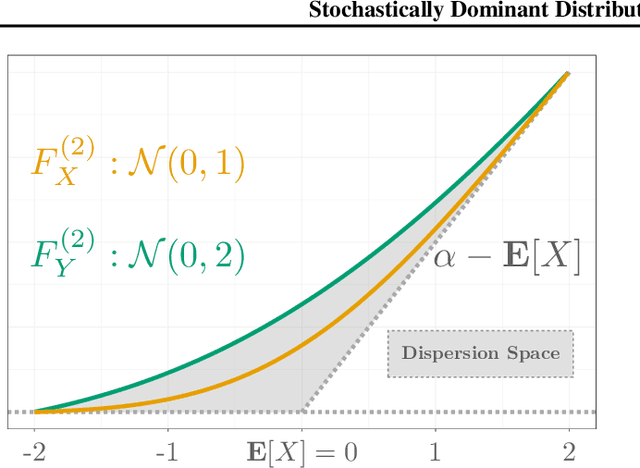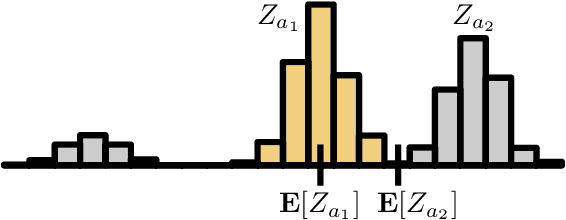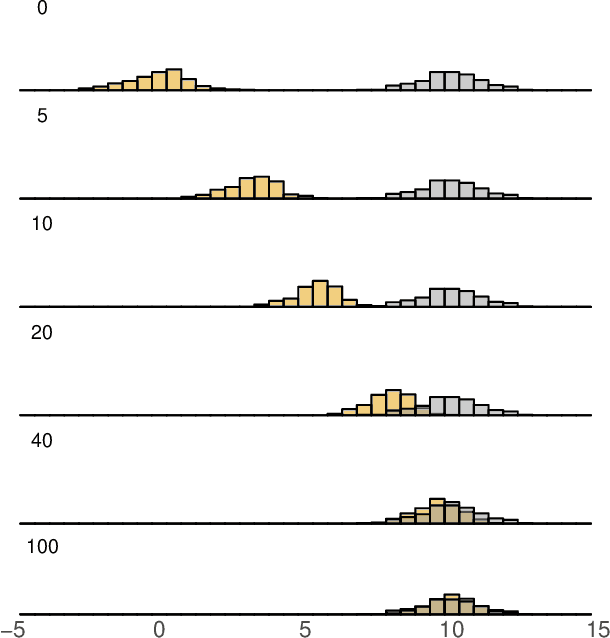Get our free extension to see links to code for papers anywhere online!Free add-on: code for papers everywhere!Free add-on: See code for papers anywhere!
Michal Lyskawinski
Stochastically Dominant Distributional Reinforcement Learning
May 17, 2019Figures and Tables:







Abstract:We describe a new approach for mitigating risk in the Reinforcement Learning paradigm. Instead of reasoning about expected utility, we use second-order stochastic dominance (SSD) to directly compare the inherent risk of random returns induced by different actions. We frame the RL optimization within the space of probability measures to accommodate the SSD relation, treating Bellman's equation as a potential energy functional. This brings us to Wasserstein gradient flows, for which the optimality and convergence are well understood. We propose a discrete-measure approximation algorithm called the Dominant Particle Agent (DPA), and we demonstrate how safety and performance are better balanced with DPA than with existing baselines.
Via
 Add to Chrome
Add to Chrome Add to Firefox
Add to Firefox Add to Edge
Add to Edge